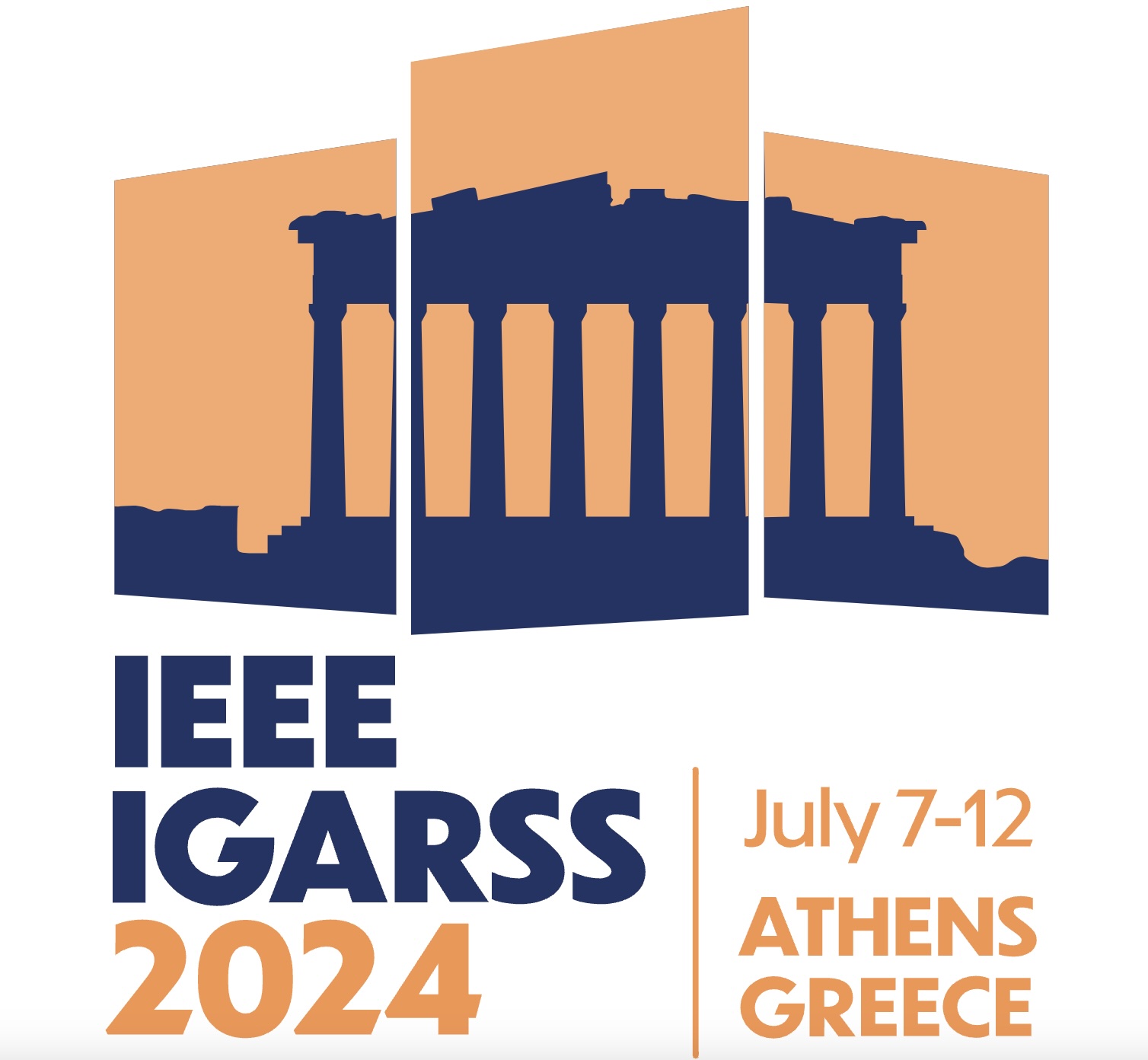IEEE IGARSS 2024
Start: Saturday 6th July 2024
End: Thursday 11th July 2024
The 44th annual “International Geoscience and Remote Sensing Symposium - IGARSS 2024” of the IEEE Geoscience and Remote Sensing Society will take place 7-12th July 2024. The event will be hosted by the National Observatory of Athens - Operational Unit “BEYOND Centre of Earth Observation Research and Satellite Remote Sensing” of Institute for Astronomy, Astrophysics, Space Applications and Remote Sensing, with the support of the National Technical University of Athens and the Foundation for Research and Technology – Hellas.
IGARSS is the leading meeting of more than 2.500 esteemed scientists and professionals in the Remote Sensing field worldwide. It provides an important platform for the exchange of views, the sharing of experiences and the training of younger scientists, opening new perspectives for research development and investments in the sector. Under this year’s theme “Acting for Sustainability and Resilience”, we anticipate enlightening debates for opening science and innovation, towards the creation of innovative solutions for the benefit of societies.
The emphasis of the Scientific Program of this IGARSS is sustainable development in line with the goals of the United Nations 2030 Agenda, including scientific publications, lectures, presentations and intriguing forums, specialising in Remote Sensing. Delegates will have the opportunity to get involved with the latest scientific achievements of the Greek centres of research, education and business development. Scientists, representatives of the industrial sector and start-up companies, as well as students from all over the world, are invited to delve into the latest research and technological advancements in the field of space and its applications.
In addition to the busy schedule, the conference will host a series of "Community-Contributed Sessions", which will address a wide range of topics. Of particular relevance to Iliad is CCS.33: Digital Twins in Europe, looking at challenges and opportunities in interoperability, which will be chaired by Alexander Jacob, Eurac Research. This session aims to provide an overview of the ongoing development and implementation of digital twins in the European research community. It covers both infrastructure and architectural design questions as well as examples of a successful implementation of digital twins in the context of Earth Observation and related disciplines.
The session will include an opportunity to exchange information on current developments. As well as provide a forum to discuss the harmonisation of architectural designs, interoperability between different implementations, and best practices for the implementation and operation of digital twins.
